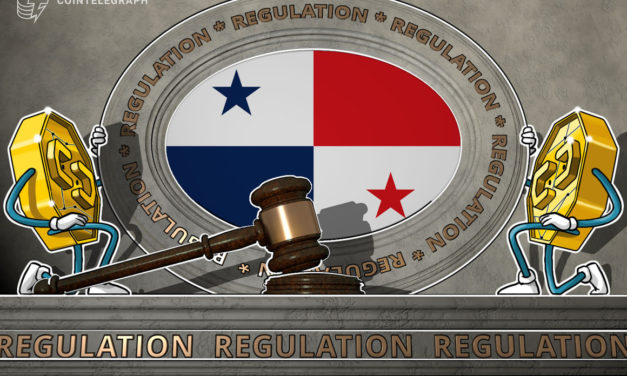SushiSwap to create three DAOs in Panama and Cayman in business restructuring
The Sushi DAO, a decentralized autonomous organization behind crypto exchange SushiSwap, has approved a legal restructuring on Oct. 26 that creates three new decentralized entities, aiming to provide more flexibility to its operations.The proposal, which received 100% votes in favor, will create the DAO Foundation, the Panamanian Foundation, and the Panamanian Corporation, each serving different purposes.Among other things, the DAO Foundation will be able to administer treasury, grants and on-chain governance processes, and facilitate proposals and voting. The Panamanian Foundation will administer the existing Sushi protocol (including smart contracts related to the AMM/orderbook, Kashi and staking). Finally, the Panamanian Corporation will operate the GUI layer (front-end) of the protocol.As per the preposition discussion, the process to set up the entity structure is expected to take four weeks. According to Sushi, the “purpose of the entity structure & framework is to provide maximum flexibility for Sushi to proceed in whichever direction the DAO or governance takes it, while also mitigating risk.”The move came as authorities in the United States and Union European continue to work on frameworks for regulating digital assets. Participants in the discussion forum agreed that a legal structure was necessary, but questioned the countries and the model selected. As stated in a long series of comments by a user named Daimon: “Don’t pick countries which are constantly at risk of political collapse, financial collapse, military coups or North American bail-outs. Don’t pick countries in which you wake up one day and find presidential or royal decrees being plastered on your front door, forcing you to beat a hasty exit through the departure lounge.”On Oct. 13, John Hickenlooper, a United States Senator representing Colorado, penned a letter to Gary Gensler urging the Securities and Exchange Commission (SEC) chair to establish “clear rules” for the crypto market, including identifying the cryptocurrencies that will be considered securities, establishing registration guidelines for trading platforms, and “determining what disclosures are necessary for investors to be properly informed.”The SEC boosted its ability to handle specialized issuer filings by adding an Office of Crypto Assets in September, dedicated solely to cryptocurrency asset applications and services.
Čítaj viac









